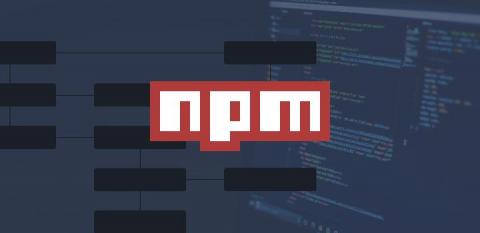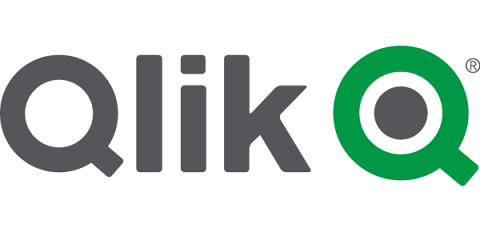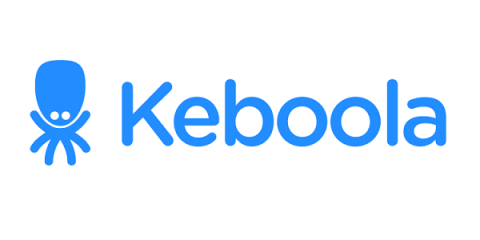DataOps matters, especially in today’s uncertain times. Data management and analytics are crucial to respond faster and drive results for your business, your customers and society. That’s why we built DataOps.NEXT to help you get from now to what’s next, with data. We’ll bring out Dr. Jennifer Hall, the chief of data science for American Heart Association (AHA) to discuss how Hitachi Vantara and AHA have worked together to support research for COVID-19. Tune in for Pedro Alves, Hitachi Vantara’s head of product design and designated “Community Guy.” He’ll provide our vision and strategy for DataOps, including an update on Pentaho Open Source and Enterprise Edition










